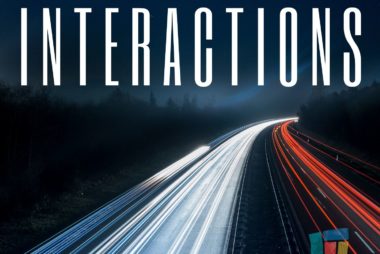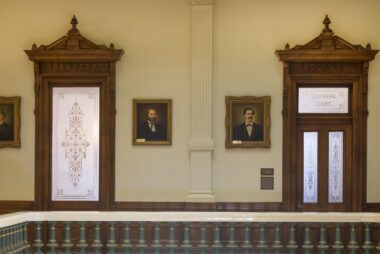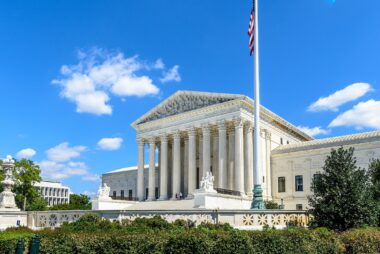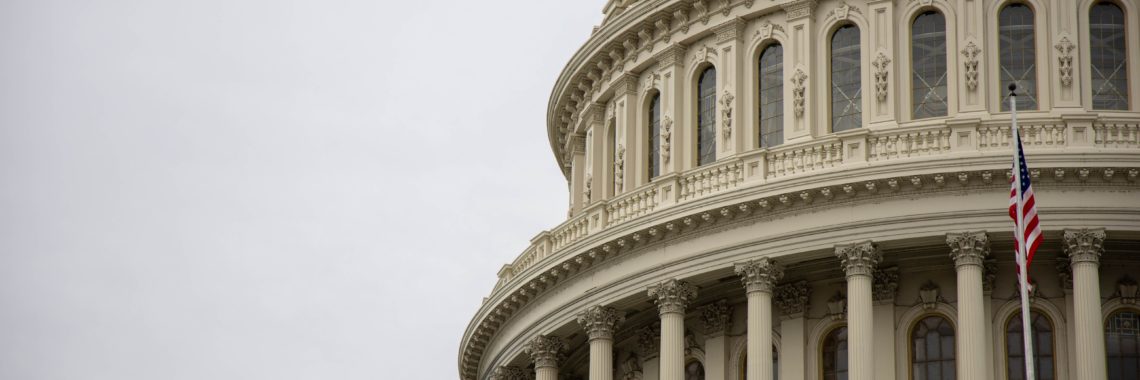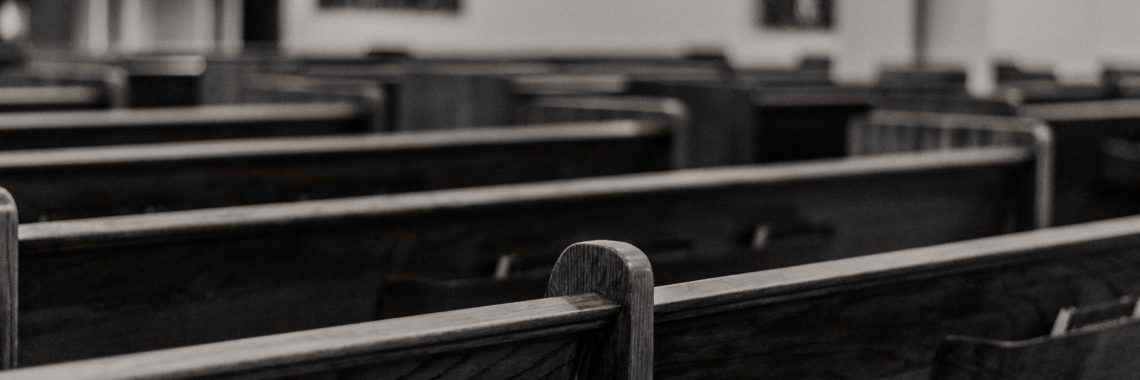“Don’t Write off Sharia’s Forgiveness Option Just Because of the Khashoggi Case” by Matthew P. Cavedon
Image adapted from Wikicommons by DhLeaks44 / CC BY-SA 4.0 “Don’t Write off Sharia’s Forgiveness Option Just Because of the Khashoggi Case” Matthew P. Cavedon Jamal Khashoggi was a prominent international journalist and Saudi dissident. He was tortured to death and dismembered in 2018 at the Saudi embassy in Istanbul. On September 7, eight Saudis were sentenced for…



